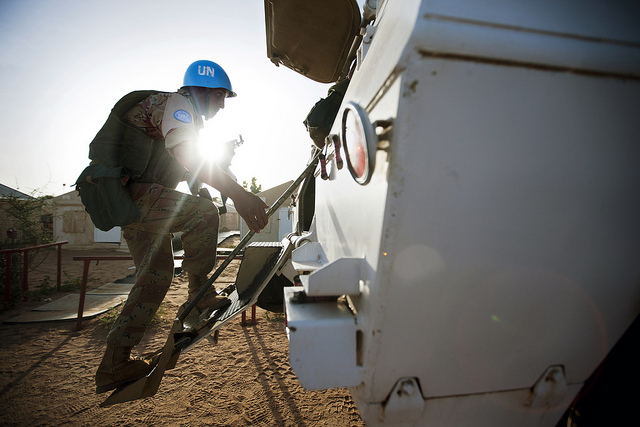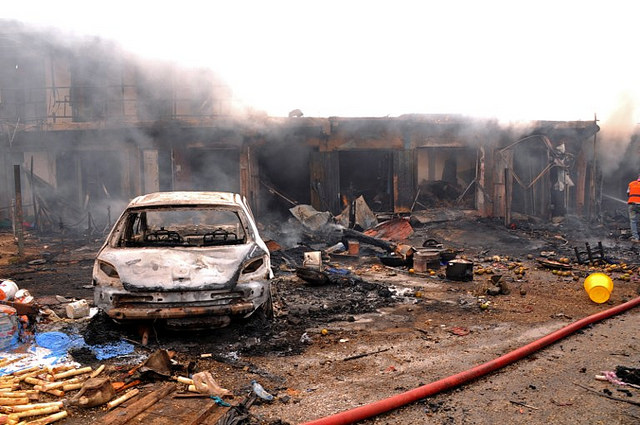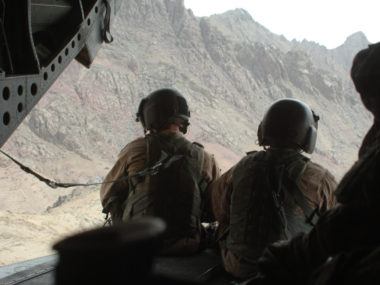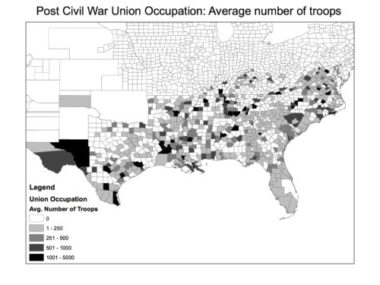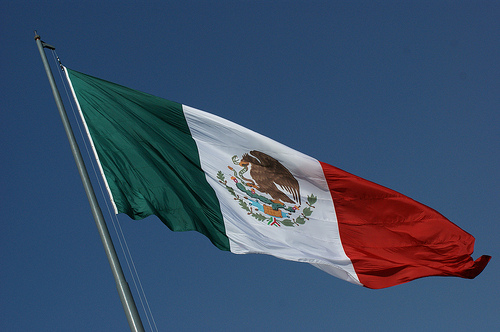
One of the tragedies of the Syrian civil war is that there appear to be no attractive solutions to end it. If President Assad emerges victorious, he will rule over a large Sunni Muslim population that hates him and is better armed than prior to the war. Assad is likely to heavily repress this majority, but these citizens will now have the motive and the opportunity to try to undercut his government at every turn. If the opposition wins, the likelihood of continued violence is also high. The Sunni majority could choose to exact revenge on the Alawite minority and its supporters. They could also turn on each other as factions within the Sunni camp squabble for power. Either way, Syria is not likely to return to the relative peace it experienced pre-2011.
President Obama and Secretary of State Kerry are hoping that a diplomatic solution based on power-sharing will avoid both outcomes. The problem is that a settlement based on power-sharing between the minority Alawites and the majority Sunnis has almost no chance of success. Why? First, existing battlefield conditions don’t incentivize either side to accept a compromise settlement. Both still think that they can win the war at an acceptable cost, and both have funders willing to support them to this end.
The bigger reason, however, has to do with how difficult it will be to enforce a power-sharing agreement over time. Even if all sides had strong incentives to negotiate in good faith (which they would have if a military stalemate set in or outside funding were removed), a power-sharing arrangement would still likely fail. That’s because a power-sharing agreement would be unenforceable over time by the parties themselves. How could Assad credibly commit not to jail opposition leaders as soon as they demobilized? And how could Sunni leaders credibly commit not to consolidate power once Assad opened up the government?
In the past, third parties (i.e., UN peacekeepers) have helped solve this problem by reassuring opposition forces that the government would not exploit them as they demobilized. But the UN Security Council will not gain agreement from its five permanent members to send peacekeepers, and in the absence of this, no country is likely to volunteer to send its own peacekeeping force. Knowing this, both the Assad government and the opposition will shy away from any settlement that leaves them vulnerable to exploitation now and in the future.
There is a potentially way around this. A number of studies have found that civil war combatants are more likely to sign and implement a peace settlement if each of the main combatants are given significant territorial autonomy. This arrangement allows combatants to maintain political control over their own piece of territory as well as maintain control over their own security forces. This arrangement creates a situation where former combatants are able to enforce a peace on each other even if no third party exists to help them. The result is likely to be more willing negotiating partners and a more defensible peace.
This is not a perfect solution. Roeder and Rothchild found that political decentralization, while helping to end conflict in ethnically divided countries, can also hinder the consolidation of peace and democracy over time. There’s no guarantee that competing factions within the Sunni camp would remain at peace, or that one side wouldn’t try to re-start the war in the future. However, in a world where the options are bad, worse, and downright impossible, a situation where the warring sides have some ability to deter continued bad behavior and self-enforce a peace might not be so bad.

